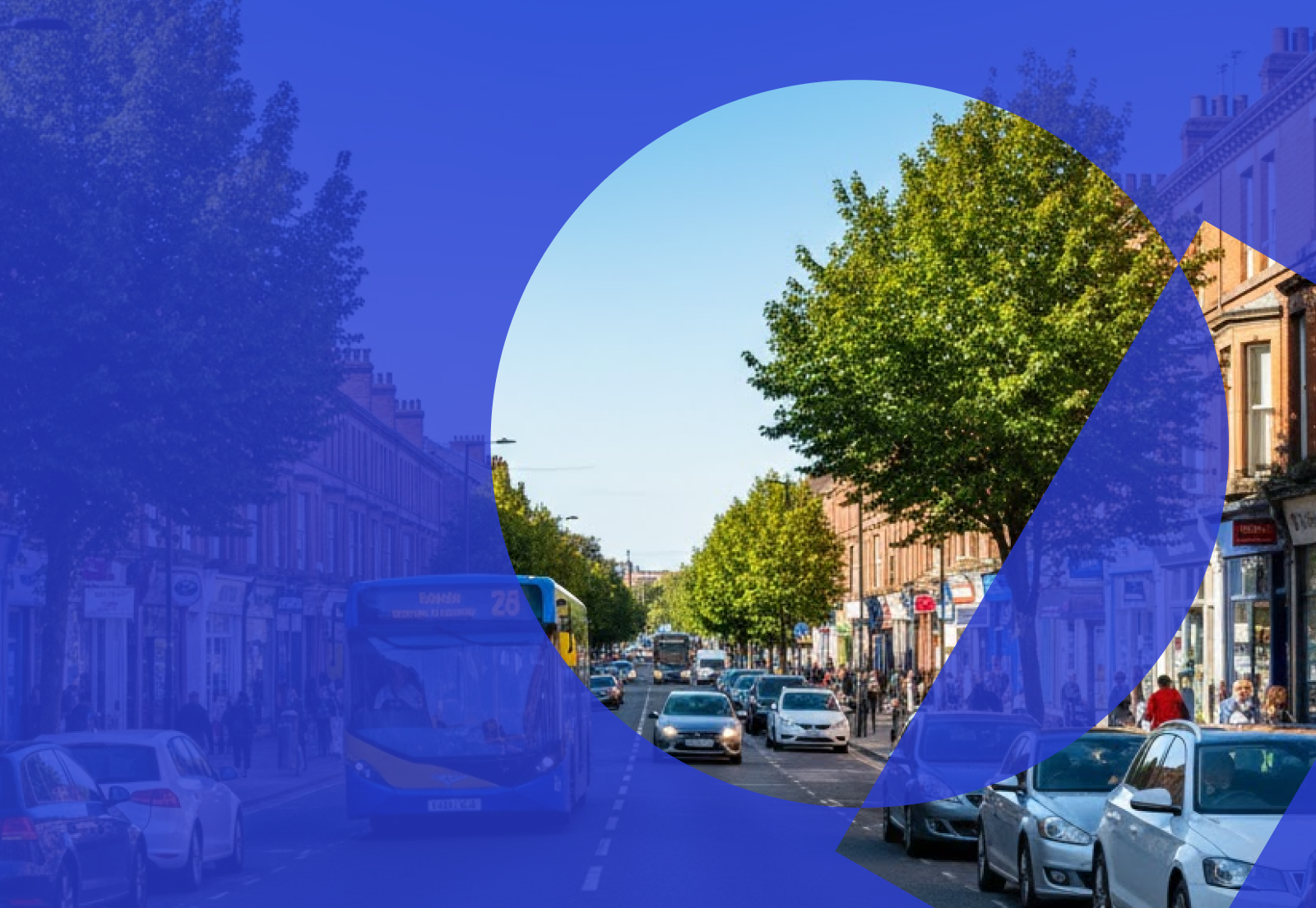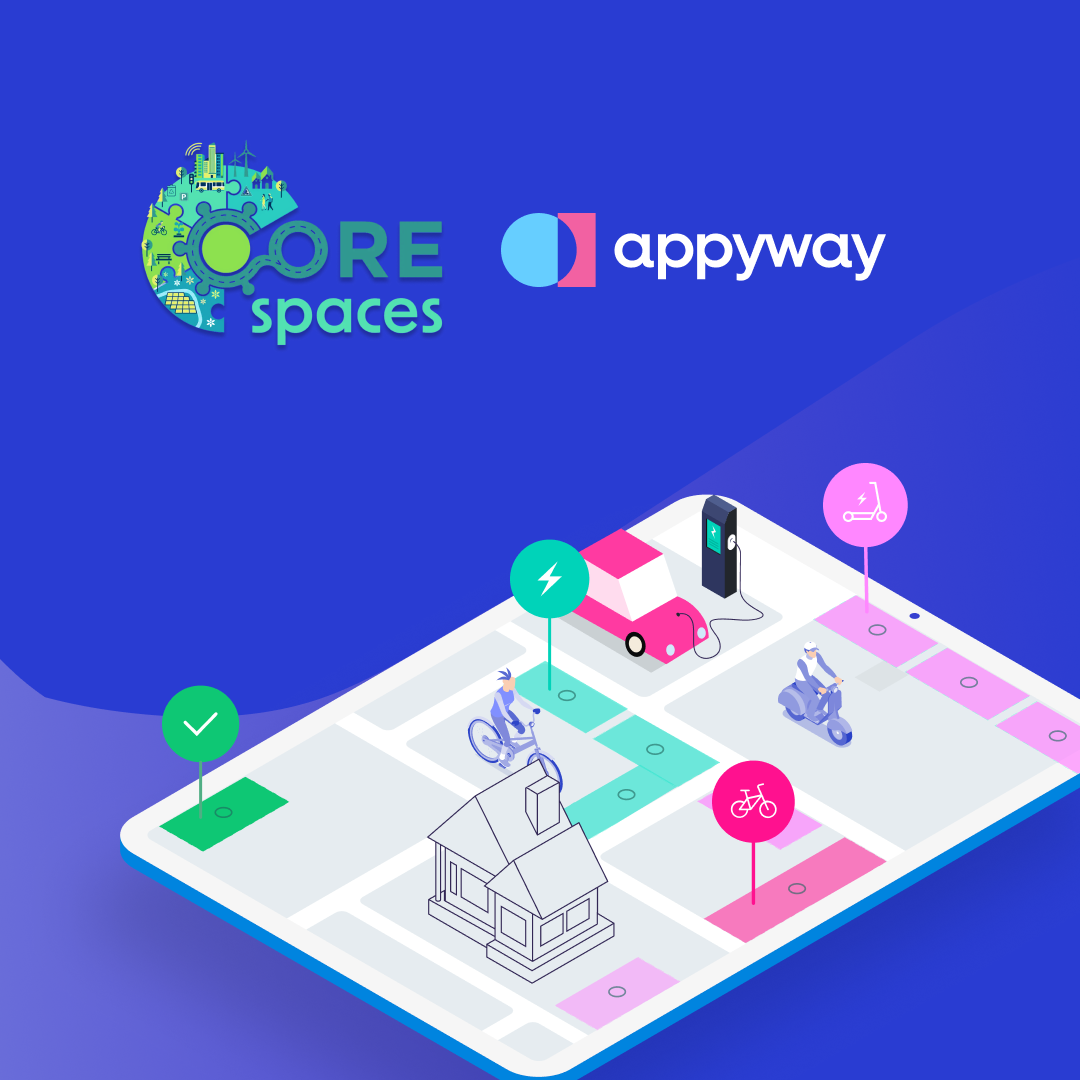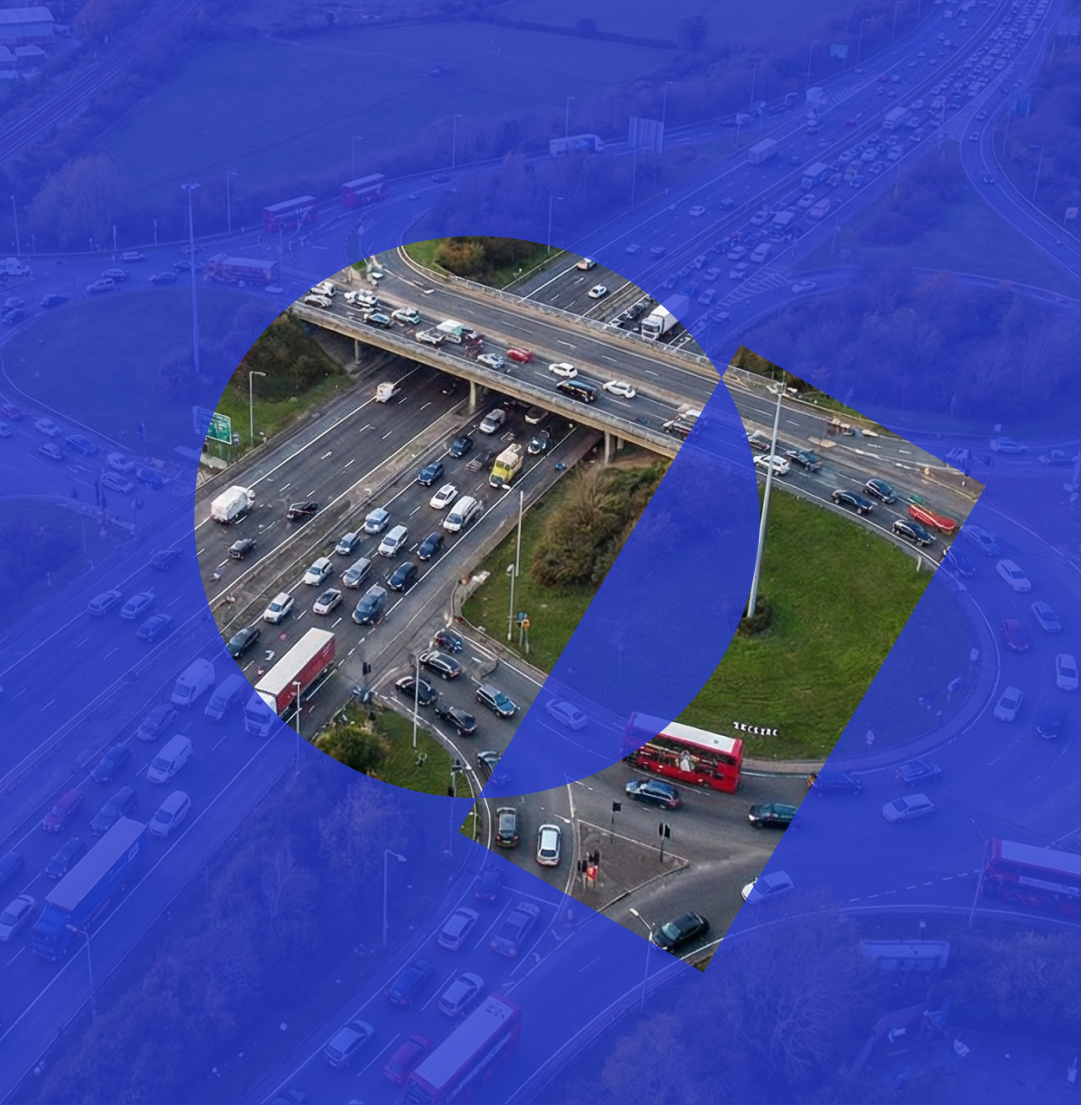In recent years, cities across the UK have taken bold steps to combat air pollution and reduce carbon emissions. One innovative approach gaining traction is the implementation of emission-based parking tariffs. This new approach to parking strategy is already making waves, both by making a strong impact on the quality of air in the boroughs, but also causing some strong opposition from the local drivers.
What Are Emission-Based Parking Tariffs?
Emission-based parking tariffs are a pricing structure for parking that takes into account a vehicle’s environmental impact. Under this system, vehicles with higher carbon dioxide (CO2) emissions and particular matter are charged more for parking, while cleaner vehicles benefit from lower rates. The primary goal is to encourage the use of less polluting vehicles and promote more sustainable transportation options.
Cities Leading the Way
Several UK cities have already implemented emission-based parking tariffs:
Multiple London boroughs have adopted this approach:
- Greenwich: introduced a system which uses 13 emission bands, with the most polluting vehicles paying up to double that of electric vehicles.
- Lambeth: Implemented a complex structure with 26 different charges for an hour of parking, based on the vehicle’s tax band and fuel type.
- Other boroughs including Westminister, Lewisham, Merton, Newham, and Croydon have also introduced similar schemes.
Other UK Cities:
- St Albans
This Hertfordshire city has adopted an emissions-based charging structure for parking permits.
- Bath
Bath and North East Somerset Council has implemented emission-based charges in council-owned car parks. The system is based on the DVLA Vehicle Excise Duty (VED) classifications, with electric vehicles and low-emission non-diesel vehicles (emitting 130g/km or less of CO2) seeing no increase in parking charges.
The Impact of Emission-Based Parking Tariffs:
- In Westminster, a diesel surcharge on metered parking led to a 16% reduction in older, more polluting vehicles parking in the targeted area. Read more about it here.
- However, the impact of Emission-Based Parking Tariffs impact may be limited compared to more comprehensive measures like low-emission zones or congestion charging.
The Future of Emission-Based Parking
As more cities strive to meet ambitious climate goals, we can expect emission-based parking tariffs to become increasingly common. Here’s what the future might hold:
- Widespread Adoption: More cities are likely to implement these tariffs as they prove effective in reducing emissions and encouraging cleaner vehicles.
- Dynamic Pricing: Advanced systems may introduce real-time, dynamic pricing based on current air quality levels and traffic congestion.
- Integration with Smart City Initiatives: Emission-based tariffs could be integrated with other smart city technologies, providing a more holistic approach to urban mobility management.
- Incentivising Electric Vehicles: As the push for electric vehicles continues, we may see even greater discounts or free parking for zero-emission vehicles.
- Data-Driven Decision-Making: Cities will likely use the data collected from these systems to inform broader transportation and environmental policies.

AppyWay’s Traffic Suite helps to set and manage emission-based tariffs
Supporting Local Authorities with AppyWay’s Traffic Suite
As cities transition to emission-based parking tariffs, they need robust tools to manage and enforce these complex systems. AppyWay’s Traffic Suite is ideally positioned to support local authorities in this endeavour.
Our comprehensive platform can help cities:
- Assign Emission-Based tariffs to any applicable paid bays, based on CO2 emissions, fuel type or vehicle registration year. This information is integrated into the traffic order.
- Provide real-time data on parking usage and emissions impact (using parking-installed sensors)
- Offer user-friendly interfaces for both parking enforcement officers and motorists
- Easily implement the tariffs authority-wide using the bulk update feature. Any updates can easily be shared through the APIs as well.
By leveraging AppyWay’s Traffic Suite, local authorities can smoothly transition to emission-based parking tariffs, and drive towards a more sustainable urban future.






